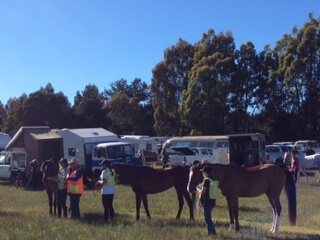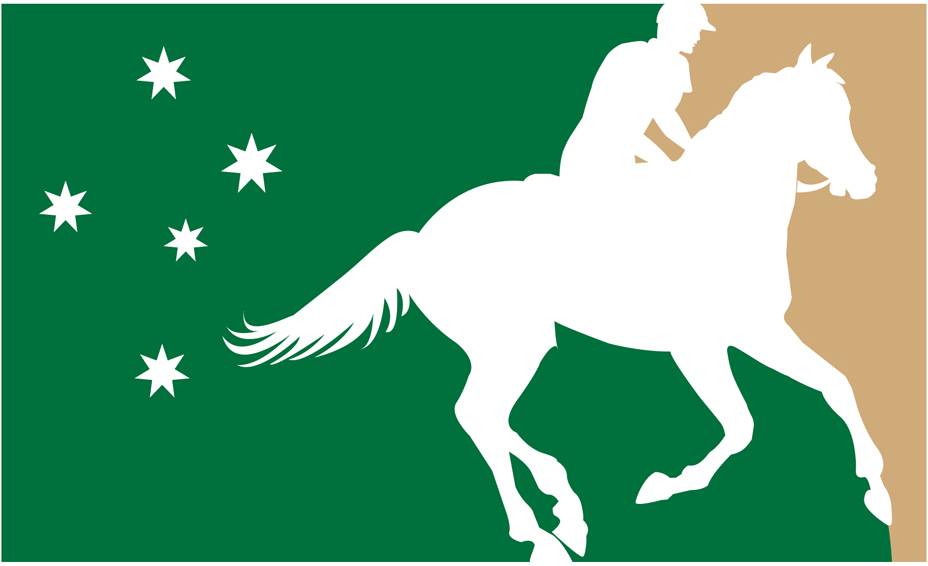Duties of the Head Veterinarian
- Must have a working knowledge of the current rules and have access to the current rulebook at the ride.
- Liaise with the organising committee to form an appropriate veterinary team with adequate experience for the event.
- Appoint a treatment veterinarian with adequate experience and training and who is familiar with the management and intensive care and the nature of the treatment and conditions which commonly affect endurance horses.
- Find and notify the nearest referral hospital that the ride is taking place.
- Meet and discuss with the chief steward on the day of the ride/or before to set up the veterinary ring to allow a good flow of horses in a safe manner and a suitable trot-out area.
- Set up an appropriate area for treatment of horses, also an appropriate separate area for medication control.
- Familiarise yourself with the protocols required if a horse catastrophe occurs with regard to medication control, euthanasia and post-mortem.
- Supervise the veterinarian team during the event to ensure
- A consistent veterinary examination
- Suitable identification
- Suitable shelter and nutrition
- Rostering and rest periods especially during long rides
- Look after the veterinary team, especially new vets, and refer any competitor issues to the chief steward
- Coordinate the panel system for lameness and metabolic evaluations
- Prepare for a pre-ride talk covering a number of areas
- Acknowledge the ride committee
- Introduce the vet team
- Discuss the ride conditions i.e. terrain, weather, early in the season
- Explain the vetting procedures and anything which may differ from normal procedures
- Best conditioned judging
- Post-ride talk and presentation of Best Conditioned awards
Duties of Line Veterinarians
- Familiarise yourself with the AERA rule book
- Ensure you are familiar with the vetting process
- Equipment required- stethoscope, thermometer, stopwatch, pen (refer to checklist)
- Familiarise yourself with the logbook layout and parameters
- Familiarise yourself with the ride leg lengths
- If in doubt ask questions or seek a second opinion
Duties of Treatment Veterinarians
- Liaise with the head vet and organising committee in the lead up to the ride
- Ensure adequate treatment supplies (refer to ride equipment checklist)
- Ensure adequate treatment facilities on ride base (adequate shelter from the weather)
- Ensure adequate referral options and these facilities are notified of the event



